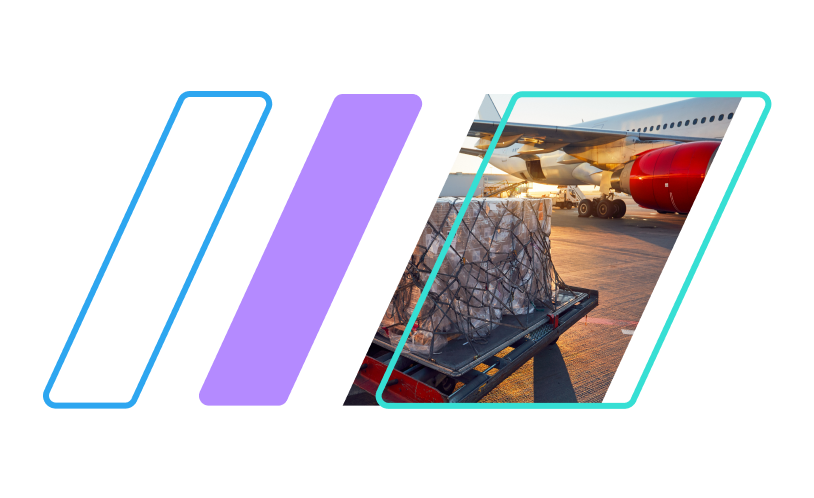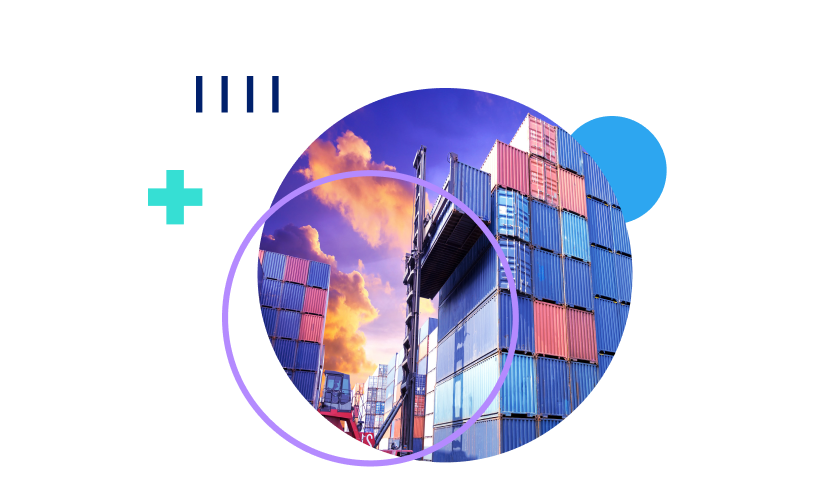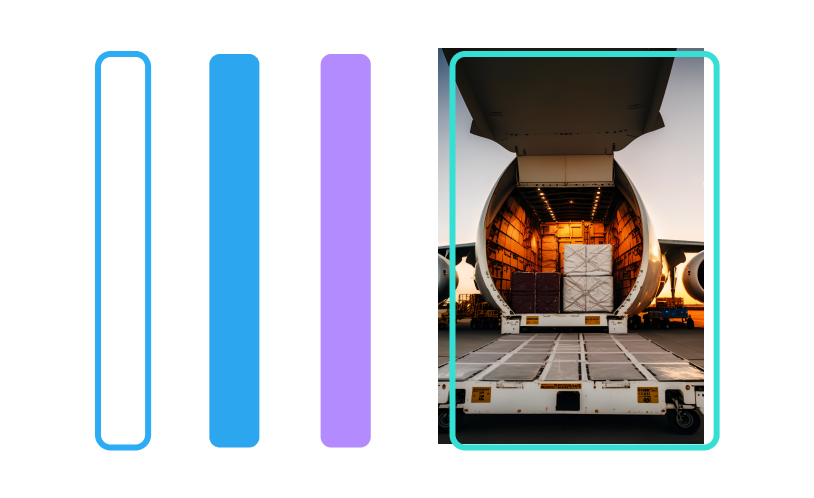Digital Air Cargo Interview with Felix Toepsch, Executive Director of Air Cargo Community Frankfurt
The interview below is an excerpt from WebCargo’s Digital Air Cargo Monthly report, delivering analyses of recent trends in air cargo penetration, market intelligence, in-depth interviews with industry leaders, and more.
Please introduce yourself and your role at Air Cargo Community.
Hi, my name is Felix Toepsch. In my role as Executive Director of Air Cargo Community Frankfurt e.V., I collaborate with my team and over 97 member companies to advance the development of Frankfurt Airport (FRA) as Europe’s leading hub for air cargo and logistics. Before, I have held various positions (e.g. Business and Infrastructure Development, Innovation Projects) at Frankfurt Airport for over a decade.
Could you share an overview of the Air Cargo Community and its main objectives in the air freight sector?
Our organization operates under three primary pillars: Competence Teams, Projects and Events & Networking. The Competence Teams consist of specialized working groups that address a range of topics, including marketing, HubPerformance (operational excellence), pharmaceutical freight, people & culture, trucking, and sustainability. These groups facilitate the exchange of best practices, initiate local projects, and devise solutions for operational challenges. For example, the teams are currently working on the standardization of import process milestones, joint participation in job fairs, the use of sustainable foils and improving the truck slot booking in CargoCity South.
Our projects predominantly focus on infrastructure enhancements. In mid-2024, we successfully launched the CommonPre Check project, which introduced common-use truck slot booking terminals at one of our airport’s main gates leading to CargoCity South. Through the community system “Fair@Link,” truck drivers can reserve slots at the participating cargo handling agents before entering CargoCity. If their slot is not immediately available, they can utilize one of the central truck parking areas and access CargoCity South precisely when scheduled.
Regarding events, our aim is to foster networking opportunities, facilitate knowledge exchange, and highlight FRA and our members. This September, we will celebrate the 10th edition of the Air Cargo Conference at a special location: The heart of Europe’s air cargo industry will meet in the so called “Heart of Europe” at Deutsche Bank Park soccer Stadium Frankfurt. We are once again anticipating over 400 international guests and speakers.
What are some examples of cross-company collaboration within the community?
Given the complexity of process and value chains in air cargo, which rely on the cooperation of numerous stakeholders, we regularly collaborate with multiple partners within the Air Cargo Community Frankfurt. Our regular members are divided into four groups: Airlines, freight forwarders, cargo handlers, and other service providers (e.g., trucking, software).
All groups are represented in our expert teams. For the Common PreCheck project, we collaborated with cargo handling agents, truckers, software companies, and the airport operator. Almost none of our initiatives can be implemented alone. Finding compromises is a constant task.
What strategies does the community employ to strengthen Frankfurt Airport’s position as a leading air cargo hub in Europe?
Data and information sharing is key. Since many of our members are competitors, it needs trust in our association, but also within the member companies. To strengthen FRA as a whole, everyone needs to take a view beyond their own business. We encourage our community to ask themselves, what is best for the location. When FRA gets more successful, our members do, too.
Also, standardization and digitalization is important to make our processes as resilient, efficient, and easy as possible for all stakeholders.
What do you see as the key challenges and opportunities for the air cargo industry, and how is the community preparing to address these?
I could now mention all the buzzwords that are typically cited in response to this question: Ongoing need for digital transformation, sustainability, increasing demand in e-commerce, and so on. Of course, all of these topics are valid and relevant. As Air Cargo Community Frankfurt, we advocate for these areas on behalf of our members, creating platforms for exchange and collaboration. I mentioned some of the specific initiatives we are working on.
As an industry association, the challenge lies in consistently reminding ourselves and our members of the fundamental principle of collaboration, which has been largely embraced by our members. We aim to transition from competition to coopetition, which often means: “Sharing (best practices at FRA) is caring (for FRA)”.
This requires a clear compliance framework, shared rules, a keen sense of emerging industry trends, a shared vision, trust within the group of members, and experts who are capable of looking beyond the confines of their own company. If we continue to succeed in these areas, we can collectively address the overall “buzzword challenges”.
For precisely these reasons, we are especially pleased that we are continuously welcoming new members to our community, as each new member contributes additional valuable knowledge and experience.



